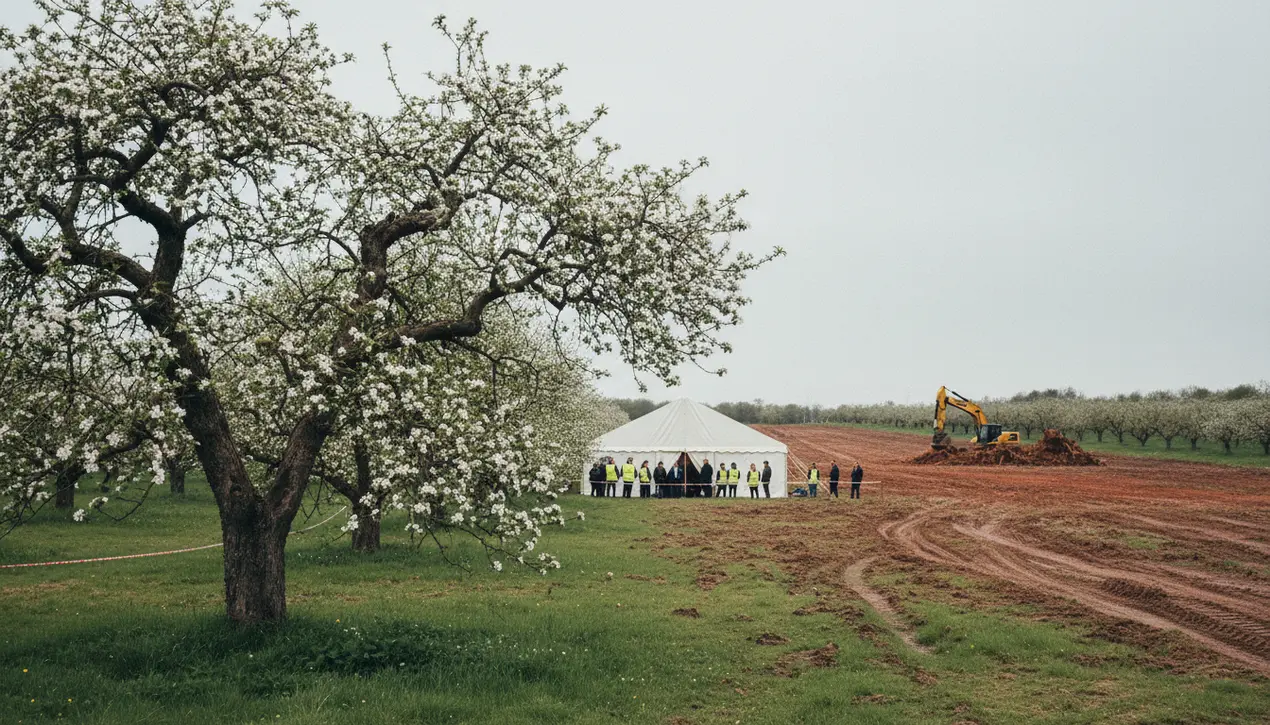- News
- transport-aviation
- ‘Sustainable’ Cambridge busway will cause irreversible ecological harm, inquiry told

Othertransport & aviationInfrastructure Projects
‘Sustainable’ Cambridge busway will cause irreversible ecological harm, inquiry told
RA
Rachel Adams
2 hours ago7 min read
The proposed £160m busway linking Cambourne to Cambridge, touted under the banner of sustainable transit, stands accused of facilitating an ecological tragedy by carving directly through Coton Orchard, one of Cambridgeshire's last remaining traditional orchards. This isn't merely a dispute over a transportation route; it is a fundamental collision between a narrowly defined vision of green infrastructure and the irreplaceable value of a nationally recognised priority habitat.The 24-hectare (60-acre) site represents a living archive of biodiversity, a complex ecosystem where gnarled fruit trees support a web of life including rare pollinators, nesting birds, and specialised flora that have co-evolved over decades. The public inquiry, convened by planning inspectors on behalf of the transport secretary and running until 21 November, is thus the stage for a critical examination of our environmental priorities.Expert testimony presented to the inquiry underscores that the harm would be irreversible; once the heavy machinery tears through the root systems and compacted soil, the delicate fungal networks and unique soil composition that have taken generations to establish are lost forever, a sacrifice that no amount of subsequent landscaping or 'biodiversity offsetting' can genuinely remediate. This scenario echoes a troubling pattern in green development, where the term 'sustainable' is weaponised to justify projects that merely shift environmental degradation from one domain (carbon emissions) to another (localised extinction and habitat fragmentation).The case of Coton Orchard forces a difficult question: can a project truly be considered sustainable if its construction necessitates the destruction of a established, functioning ecosystem that already provides immense carbon sequestration, natural cooling, and flood mitigation services? The historical precedent is bleak; England has lost over half of its traditional orchards since the 1950s, making each surviving site a sanctuary not just for wildlife but for cultural heritage and genetic diversity in fruit cultivation. The inquiry's decision will serve as a stark indicator of whether UK policy genuinely values its existing natural capital or continues to treat it as expendable in the face of developmental pressure, setting a precedent that will resonate far beyond the Cambridgeshire countryside for every threatened green space caught in the crosshairs of progress.
#featured
#Cambridge busway
#Coton Orchard
#ecological harm
#public inquiry
#transport infrastructure
#environmental impact
Stay Informed. Act Smarter.
Get weekly highlights, major headlines, and expert insights — then put your knowledge to work in our live prediction markets.
Comments
Loading comments...
© 2025 Outpoll Service LTD. All rights reserved.